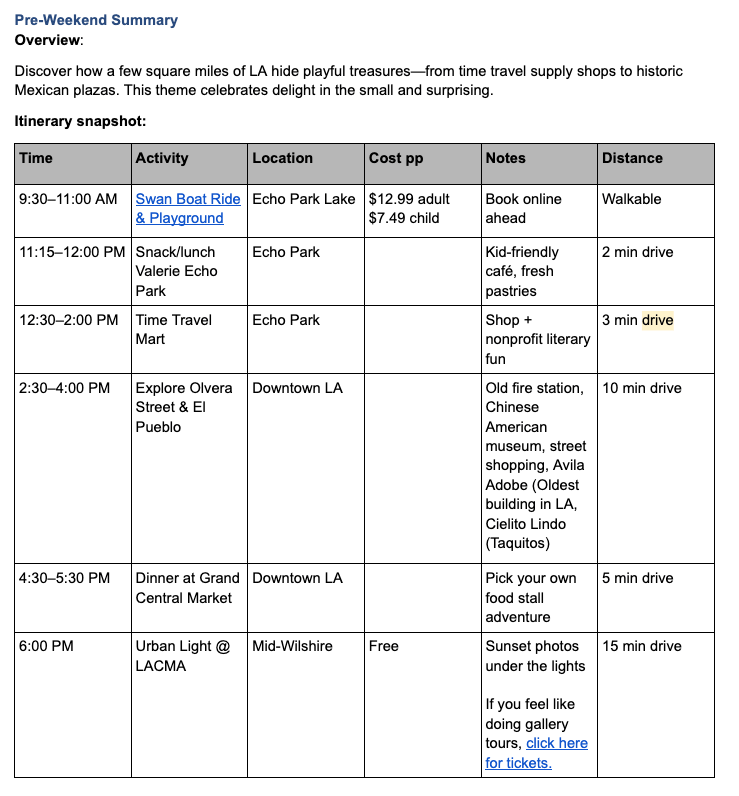- Athena
- Posts
- Magnus Carlsen's Mental Pre-Training
Magnus Carlsen's Mental Pre-Training
And how to make every weekend count
Our aim at Athena is to give you your time back so you can spend it in the ways that matter most.
In each issue of our newsletter you’ll get unique delegation tips.
Was this email forwarded to you? Sign up for free here.
Magnus Carlsen's Mental Pre-Training
After just 5 moves in chess, there are 69 trillion possible positions.
Magnus Carlsen navigates this chaos better than anyone alive.
Show him any board position for five seconds and he'll recreate it perfectly.
Even games from 1887.
He recognizes over 10,000 configurations instantly.
You see 32 individual pieces scattered across 64 squares. Carlsen sees three or four meaningful formations. A kingside attack. A pawn chain. A bishop structure.
His mind works in larger units because he trained it that way. Tens of thousands of games. Millions of positions.
But here's what separates Carlsen from other grandmasters who also recognize patterns.
His pattern recognition allows him to see things and then think beyond what's happened before.
At the highest levels, every game is unique. Players encounter positions that have never existed in chess history.
Pattern recognition is necessary but insufficient.
Mental pre-training through thousands of games primes Magnus for any match. Past study prepares him to create something entirely new.
The same principle applies to your hardest challenges. Deep mental pre-training enables breakthrough creativity when you need it most.
Weekend Wonders
Many of us default to the same weekend routine. Sleep in, errands, maybe dinner out.
Meanwhile, your city hides dozens of experiences you've never discovered or thought of.
Even when we do notice new options, choosing among them costs mental energy. Having someone pre-vet and package one standout plan each week removes both discovery friction and decision fatigue.
Weekend Wonders is a delegation system where your assistant researches and plans one standout local adventure each weekend.
Here’s the playbook:
Build out your preferences
Before your assistant can plan great adventures, they need to know what "great" means to you.
Your assistant maintains a living document with:
Hobbies and interests
Food preferences and restrictions
Physical activity comfort level
Budget ranges
Typical group size
Deal-breakers (crowds, parking needs, etc.)
This becomes your assistant's reference guide. Update it after each adventure based on what worked and what didn't.
What your assistant looks for
Great weekend adventures share these qualities:
✓ Hidden local gems
✓ Mix of cultural, historic, natural experiences
✓ Multi-sensory (taste + see + move)
✓ Options for different energy levels
✓ Something memorable to share Monday
Example snapshot

Start this week. Block next Saturday. Share your preferences.
Let your assistant plan something surprising. Within four weeks, you'll have a working system that makes every weekend count.
What'd you think of this issue? |